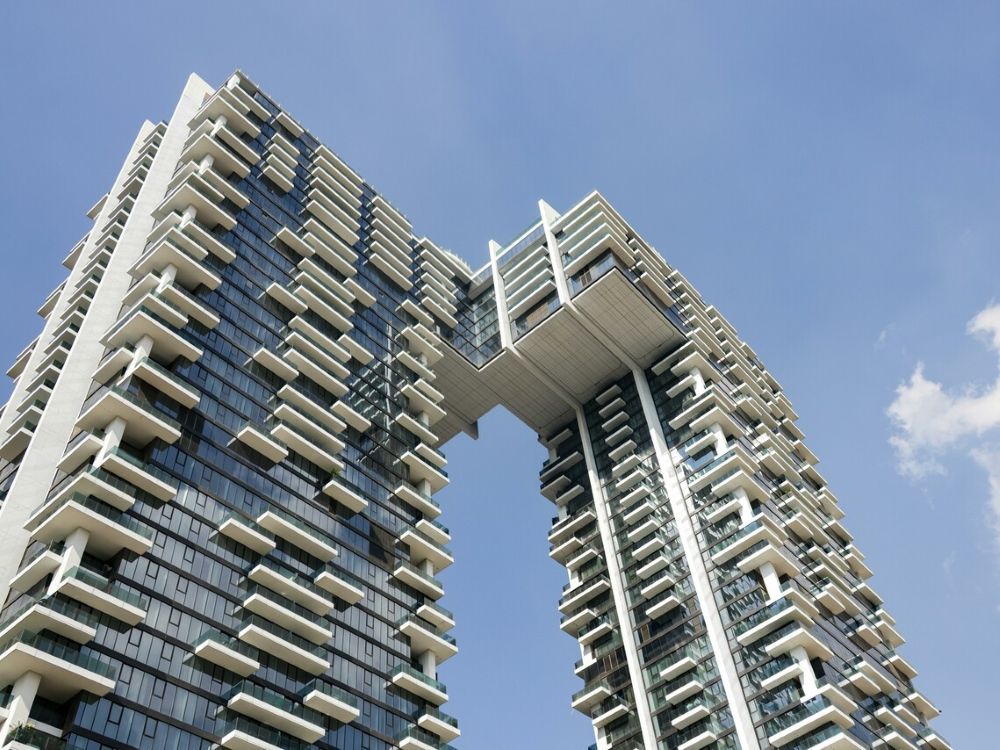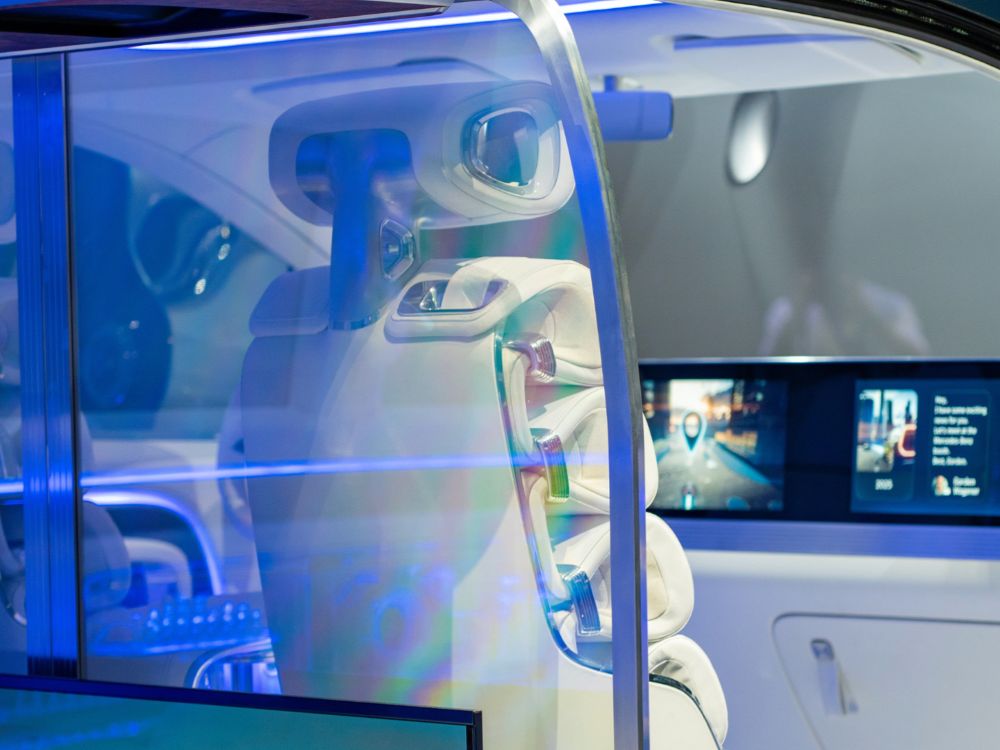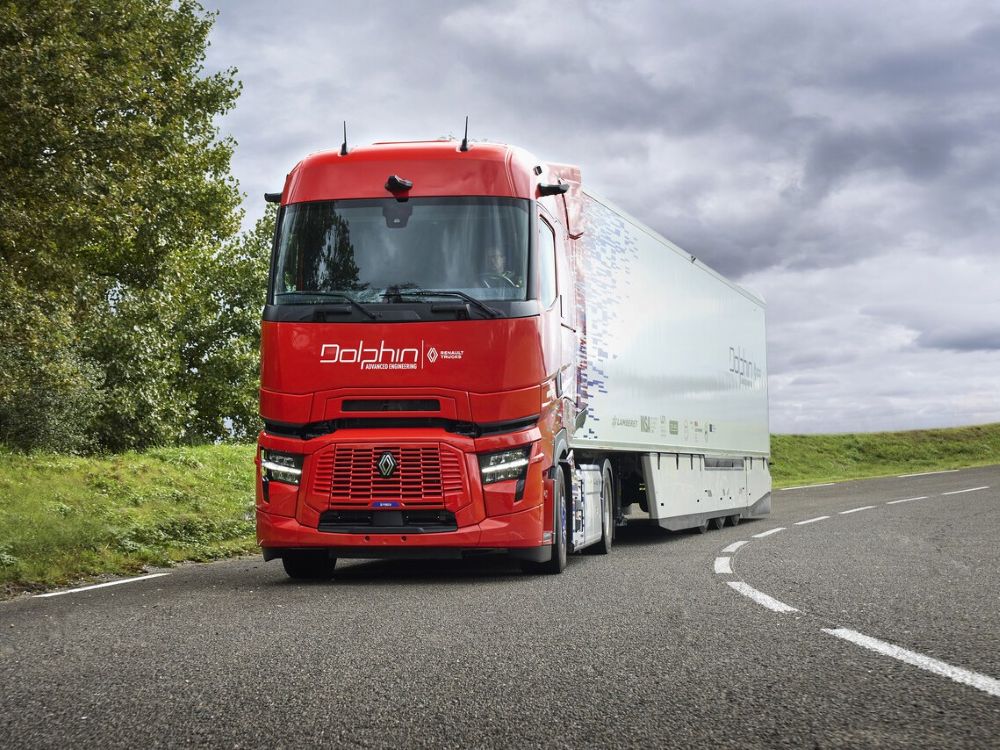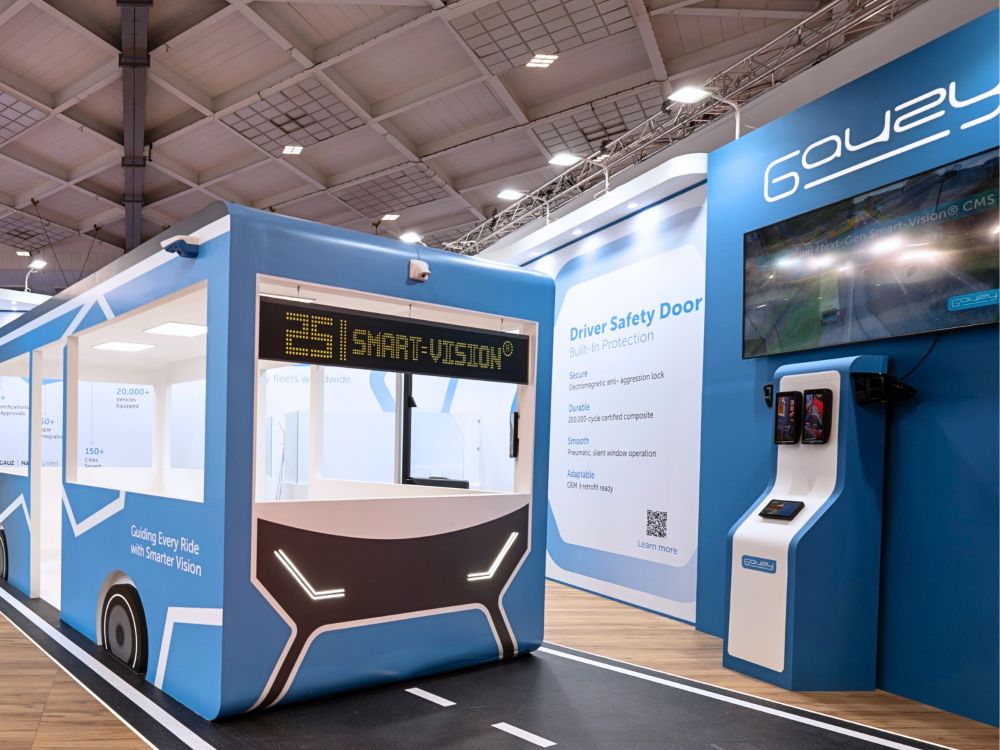Electric vertical takeoff and landing aircraft (eVTOLs) are revolutionizing air mobility promising cleaner, quieter, and more flexible transport in cities and beyond. But despite these advances, eVTOLs still face a significant obstacle: battery limitations. While much of the focus is on propulsion efficiency, one overlooked factor can quietly sap energy: cabin heat.
When temperatures climb, the cabin cooling system works harder, pulling power directly from the aircraft’s battery – energy that could be used for flight range. Fortunately, there’s a proven solution already used in other industries: smart glass. Gauzy’s technology enables in-flight, switchable transparency for passenger comfort while providing passive heat rejection when in its unpowered, tinted state. It blocks up to 70% of solar heat (thanks to a solar factor of 0.30), helping reduce cooling loads and support overall efficiency.
How Heat Cuts Into eVTOL Range
Traditional aircraft windows allow a high amount of infrared (IR) radiation to enter the cabin. On sunny or hot days, this turns the cockpit and passenger area into a greenhouse, raising internal temperatures significantly.
The automatic response? Air conditioning. But unlike fuel-powered aircraft, eVTOL cooling systems draw from the same battery used for lift and propulsion. This additional energy demand can lower flight range and reduce system efficiency, especially during peak hours in warm climates.
A High-Tech Window into Energy Efficiency
Gauzy’s SPD (Suspended Particle Device) and LCG® (Light Control Glass) Smart Glass technologies offer a non-mechanical, ultra-low-power approach to thermal management. As advanced glazing solutions, they filter infrared radiation to stabilize interior temperatures and reduce reliance on energy-intensive cooling systems, particularly in hot or sunny conditions.
When unpowered, such as on the ground or in standby, the glass reverts to its dark state, helping reduce heat buildup passively before flight. In flight, it can be switched on demand to adjust transparency for passenger comfort, while still limiting solar heat gain and supporting overall cabin efficiency.
Gauzy’s SPD and LCG® technologies are already in use across the transportation sector. Built for extreme environments, they help electric aircraft optimize energy usage, enhance passenger comfort, and align with evolving sustainability standards.
Smart Glass, Smarter Flight Performance
Adopting smart glass in electric aircraft provides a direct way to optimize battery usage without changing the aircraft’s core systems. By reducing thermal buildup, it supports cabin comfort while freeing up power for flight-critical functions.
It’s not just a comfort upgrade, it’s a strategic thermal management tool that aligns with both regulatory efficiency goals and sustainability standards. For OEMs, fleet operators, and investors focused on long-term viability, it’s a simple but impactful upgrade.
Why It Matters
As eVTOLs move from prototype to production, every watt of energy matters. Thermal load, especially from passive heat gain, is emerging as a key efficiency challenge. Innovations like smart glass contribute to better range, improved passenger experience, and smarter energy use.
Curious What Smart Glass Could Do for Your Aircraft?
Connect with us for a free consultation and discover how Gauzy’s technology can support your energy, comfort, and design goals.




